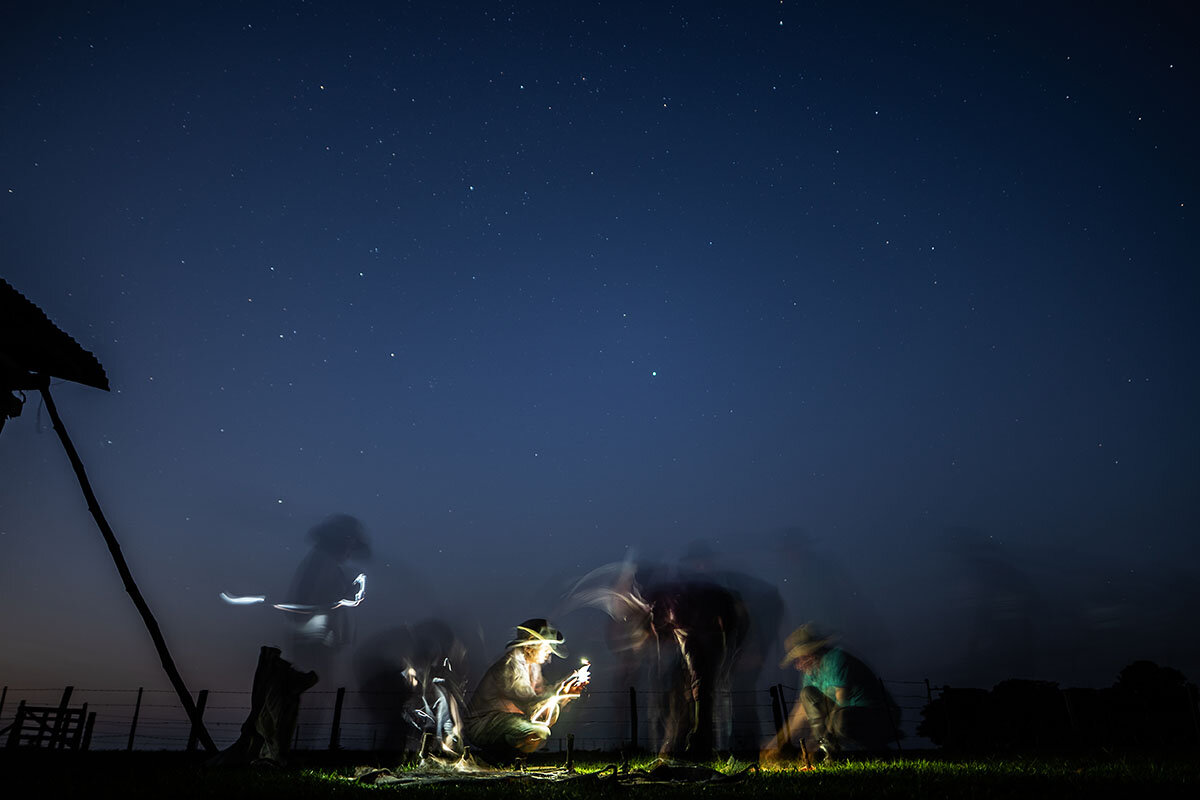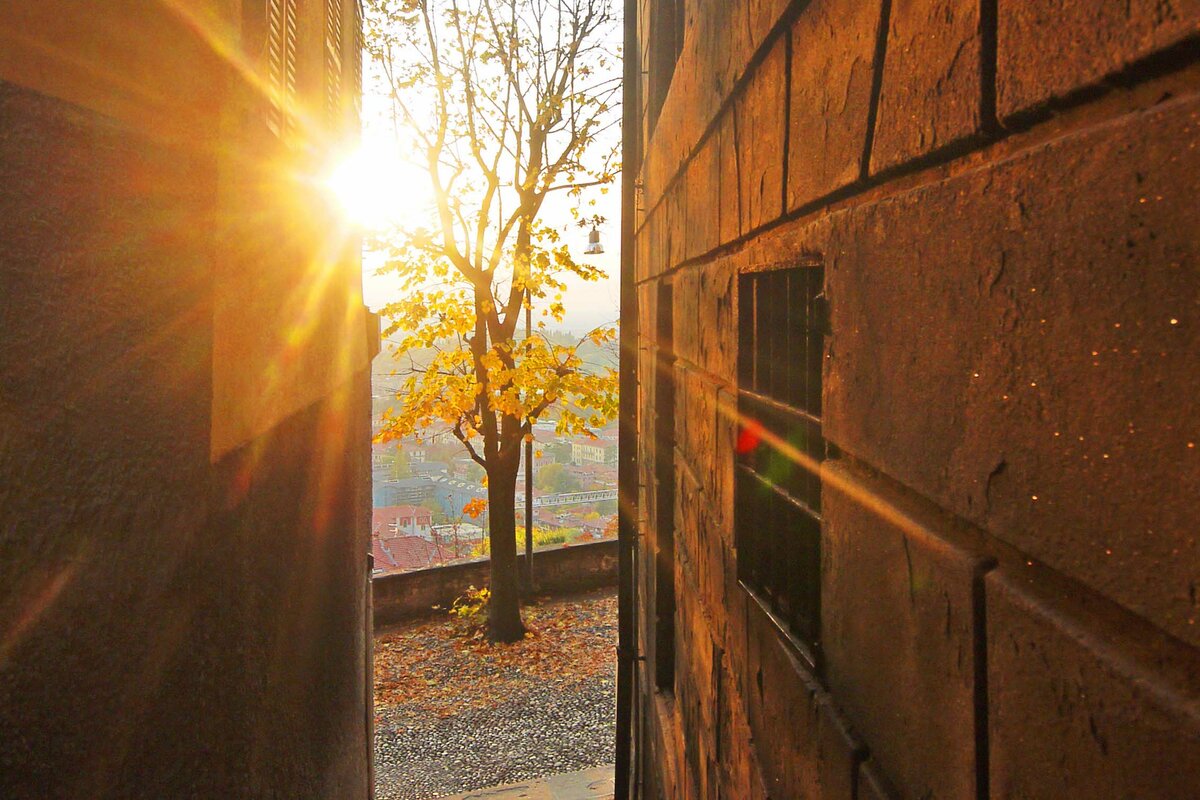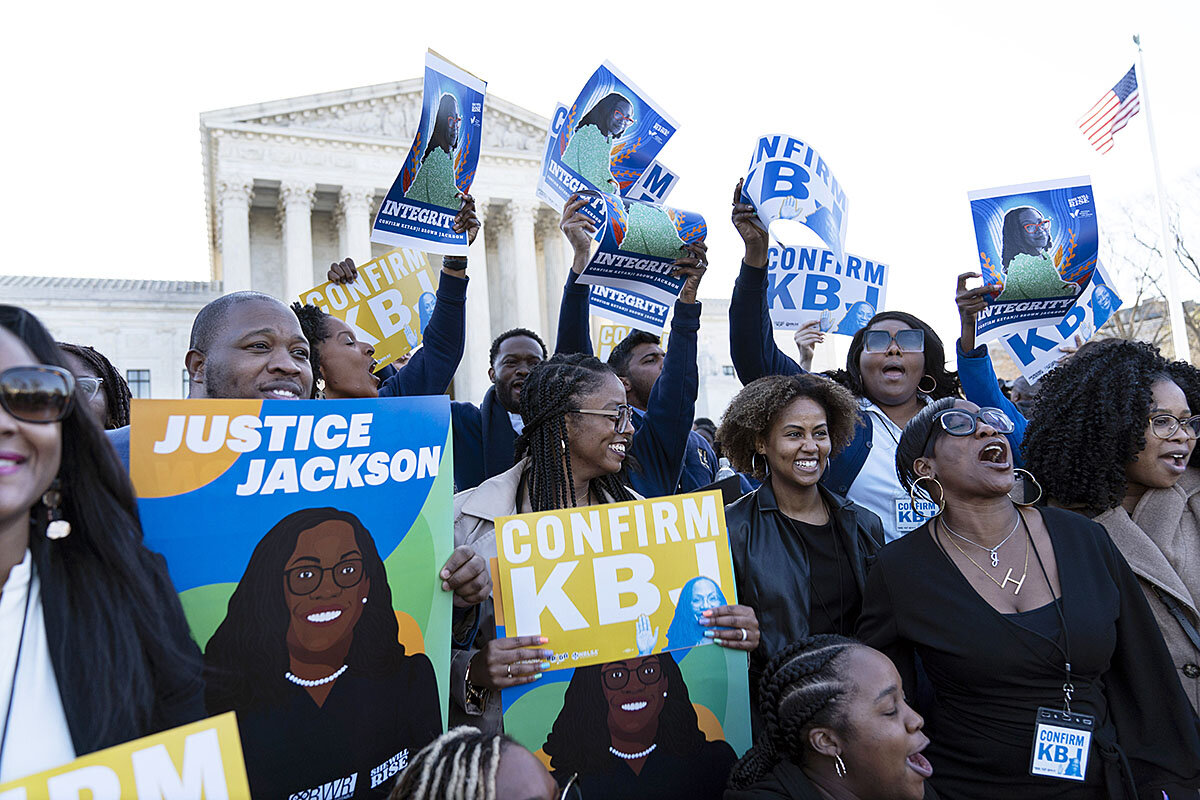The view that authoritarians are on the march – with more vision and vitality than democratic governments – has been dealt a severe blow by Vladimir Putin’s Ukraine missteps.
Monitor Daily Podcast
- Follow us:
- Apple Podcasts
- Spotify
- RSS Feed
- Download
 Clayton Collins
Clayton Collins
What might it take to change consumers’ minds about a commodity linked by many to both environmental degradation and conflict?
When the early 1970s brought the OPEC oil crisis, gas prices soared and many American drivers embraced a wave of mostly Japan-made economy cars that affected trends in car ownership for decades.
But today many Americans still need or want big vehicles. Last year’s top three sellers: all full-size trucks.
“American buyers in particular just tend to default to bigger cars,” says Patrick George, editorial director for automotive and military and defense at the media company Recurrent Ventures. “And that’s seen throughout our entire history as a driving [culture].”
Russia roiled oil prices, and though gasoline prices are slowly coming off recent highs, big-vehicle fill-ups won’t stop bending credit cards. Polls show that many people will, for now, bear high pump prices – a small pain relative to what’s happening on the ground in Europe.
But those who are driven to downsize simply find few options. Inventory of fuel-sipping hybrids is low, despite rising interest; the new car market is tight because of a microchip shortage. Electric vehicles remain too expensive for many. EV infrastructure is lacking too, despite a push for solutions.
“For consumers, the choice was kind of made for them,” says Mr. George. In the 2010s cheap gas led many manufacturers to drop small cars from their lineups. And though car-based “crossovers” offer some size with decent mileage, “this car market is not set up to deal with a massive spike in gas prices.”
Old-school, gas-burning motor-heads aren’t going away. But will the next spike stir a bottom-up shift in thought on what people need to get around? Enthusiasm for the EV driving experience will help, predicts Mr. George. That could help EVs get to scale, and move more carmakers out of the internal-combustion business just as more drivers get fed up with the price of fill-ups.
“Climate change is a nebulous concept to [some] people, but high gas prices are not. That’s what’s going to potentially move people into different kinds of vehicles,” says Mr. George, and “into something different, forever.”











